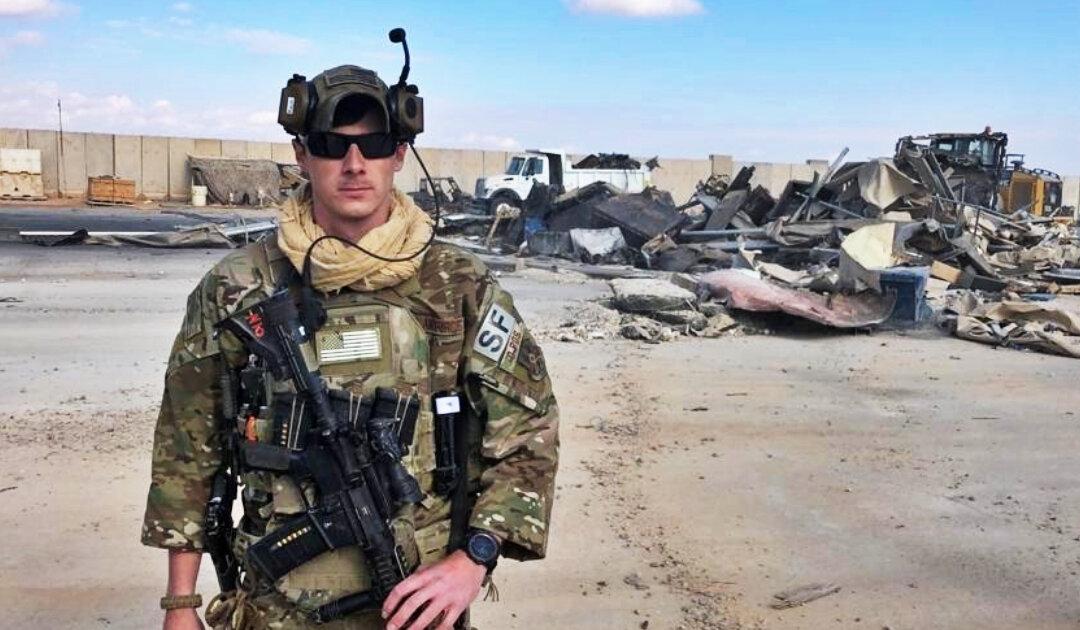The Pentagon on Tuesday, Jan. 28 raised to 50 the number of U.S. service members who suffered traumatic brain injuries in Iran’s missile strike earlier this month on an Iraqi airbase, the third time the number of injuries has been increased.
Days after the attack, the military said 11 service members were injured. Last week, the Pentagon said that 34 U.S. service members were hurt.





